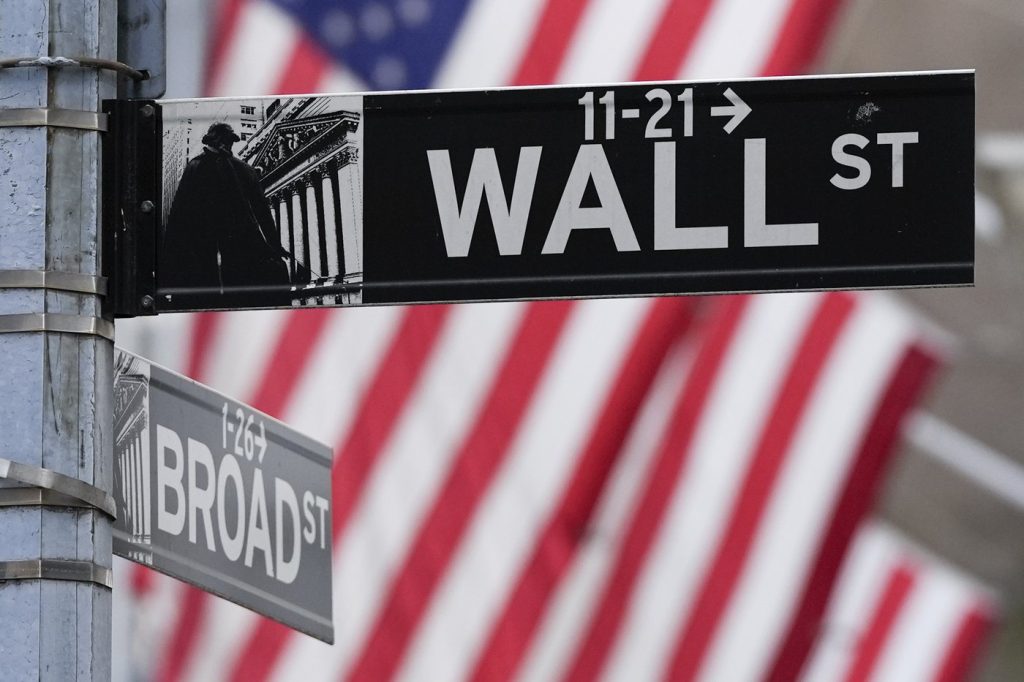BANGKOK (AP) – Asian markets experienced a downturn on Tuesday as concerns regarding U.S.-China trade tensions began to dampen investor sentiment across the region. The Nikkei 225 in Tokyo saw a drop of 1.1%, closing at 38,336.73, as markets reopened following a holiday on Monday. Similarly, the Hang Seng index in Hong Kong fell by 0.6% to 23,196.33, while the Shanghai Composite index decreased marginally by 0.1% to 3,368.24. In Australia, the S&P/ASX 200 lost 0.7% at 8,252.50. South Korea's Kospi index also dipped by 0.3% to 2,637.45 after the Bank of Korea announced a rate cut, reducing the benchmark interest rate from 3% to 2.75% in efforts to stimulate the slowing economy.
Taiwan's Taiex index fell by 1%, contrasting with the Sensex in India, which recorded a gain of 0.4%. The current trade concerns were exacerbated by statements from U.S. President Donald Trump regarding impending tariff hikes on imports from Canada and Mexico, which he had announced would proceed after a one-month delay. Trump's rhetoric has been increasingly confrontational towards various U.S. trading partners, leading to fears of a potential trade war. He has also imposed an additional 10% tariff on Chinese imports, attributing this decision to the country's role in opioid production.
Major corporations have recently expressed anxiety regarding U.S. trade policies, contributing to a notable drop in the University of Michigan's consumer sentiment index, which plummeted by approximately 10% in the last month, fueled by uncertainties related to tariffs and rising inflation. In the U.S., stock indexes were also on the decline, marking further losses from the previous week.
On the European front, German equities saw a slight increase, with the DAX rising by 0.6% following a political election that was heavily influenced by concerns about the robustness of Europe's largest economy. The S&P 500 index in the U.S. dipped by 0.5% to 5,983.25 after oscillating throughout the day, while the Dow Jones Industrial Average managed a gain of 0.1% to 43,461.21, and the Nasdaq composite fell by 1.2% to 19,286.92.
Berkshire Hathaway, the multinational conglomerate led by Warren Buffett, experienced a notable increase in stock value, climbing by 4.1% following an announcement of increased operating profits for the latest quarter. However, despite this positive news, Buffett indicated caution, noting that the company is currently sitting on a substantial cash reserve of $334.2 billion. This large cash position may suggest that Buffett, known for capitalizing on undervalued stocks, sees limited investment opportunities in what many perceive as an overpriced market.
Starbucks shares rose by 1.3% after the company announced the elimination of 1,100 corporate jobs and the decision to leave several hundred additional positions unfilled as part of a strategy to streamline operations under the leadership of new CEO Brian Niccol. Overall, U.S. companies have reported stronger-than-expected profits for the last quarter, a key factor contributing to the recent record-setting performance of the S&P 500 before last week's downturn.
This week, focus will be directed towards Nvidia's upcoming profit report, which marks its first since the introduction of China's DeepSeek, a competitor in the AI chip market. Nvidia, instrumental in the AI boom due to high demand for its products, saw its stock price decline by 3.1%, becoming a significant drag on the S&P 500. Additionally, this week will feature updates on consumer confidence and inflation—critical topics for market analysts following recent volatility.
In early Tuesday trading, U.S. benchmark crude oil prices rose by 52 cents, reaching $71.22 per barrel traded on the New York Mercantile Exchange. The international standard, Brent crude, also witnessed an uptick, climbing 0.7% to $74.75 per barrel. The U.S. dollar weakened slightly against the Japanese yen, dipping to 149.50 from 149.71 yen, while the euro experienced a modest gain, rising to $1.0473 from $1.0468.










